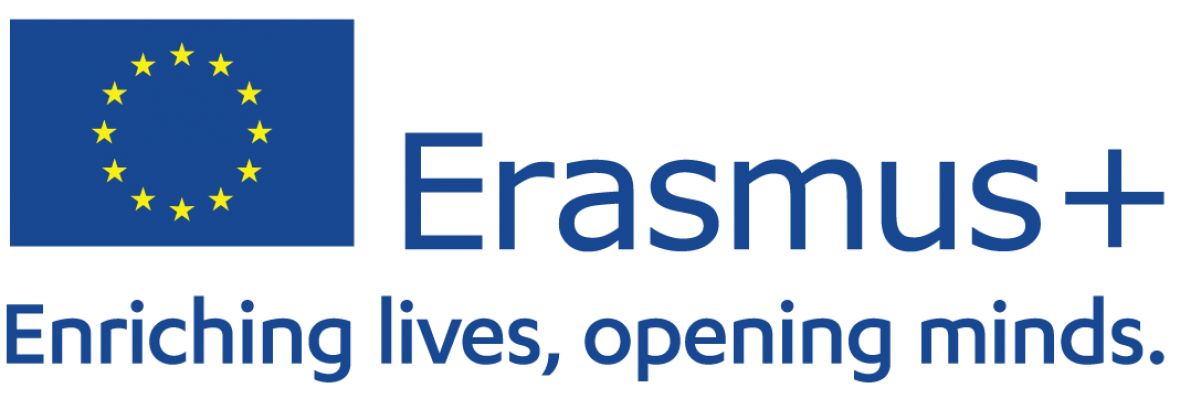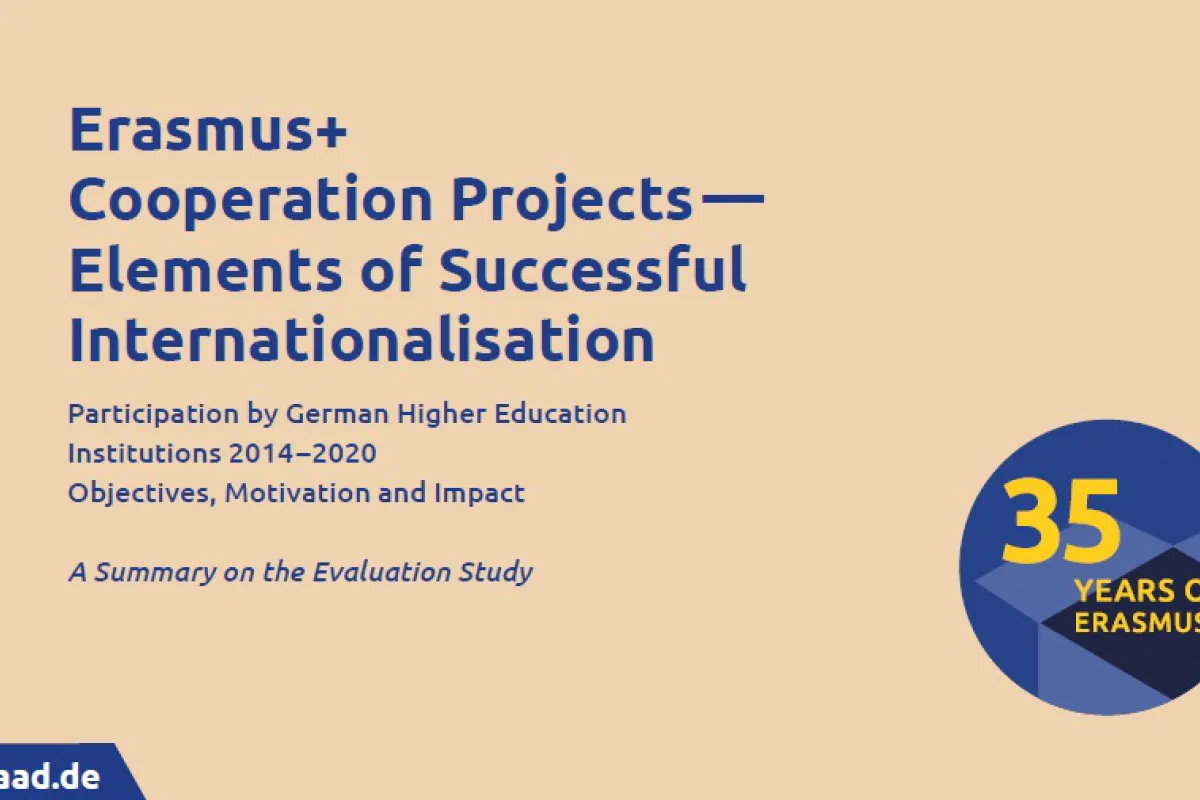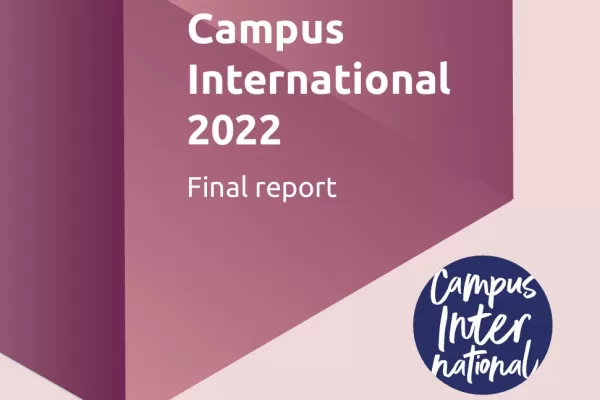Resume
Overall, between 2014 and 2020, 217 HEIs with a total of 1193 projects have been involved in the Erasmus+ cooperation-related funding lines. This corresponds to a little more than half of all 406 HEIs in Germany.
Central to this study is also the analysis of participation patterns, i.e. the analysis of the frequency with which individual or different funding lines are used by HEIs. The vast majority of HEI participate in one or two funding lines. The participation is primarily based on the commitment of individual HEI representatives and on cooperation-related as well as intrinsic/content- related motivators. Therefore, the Erasmus+ cooperation projects mainly can be characterised as bottom-up elements for the internationalisation of HEIs.
The question of strategic use on HEI level was examined in the desk study and in interviews. To illustrate the relevance of and potential for complementary use of the cooperation funding lines in a strategic approach, nine examples of good practice were identified in the evaluation and are presented in the summary brochure.
Concerning the information and advisory services of the NA DAAD, the evaluation has shown that in general, the HEIs greatly appreciate the support provided. Nevertheless, there is still space for optimisation in the target group orientation, as concluded.
Conclusions
- Overall, the Erasmus+ cooperation-related funding lines have the enormous potential to be used as bottom-up elements at the interface between teaching, research and other aspects, such as entrepreneurship, transfer or digitalisation in relation to the internationalisation of HEIs.
- With Erasmus+ cooperation projects, the project participants can establish and expand discipline-specific international networks, which usually provide lasting and reliable relationships for the people involved and their HEIs. Where synergies with other and overarching HEI areas exist, the projects and networks can benefit the entire HEI.
- Regarding the impacts, one of the key strengths of the cooperation projects is that they facilitate the initiation and expansion of robust, topic-related international networks, which is an important condition for the broad internationalisation of HEIs.
- In general, the evaluation has shown that the HEIs greatly appreciate the support provided by the NA DAAD. The NA could nevertheless provide more targeted support by being even more target group oriented in its communication.
Recommendations
- Awareness at HEI level of the potential relating to Erasmus+ cooperation projects should be increased.
- At the formal/structural HEI level, institutional embedding of the projects and networking within HEIs also prove to be beneficial in systematically advancing internationalisation of the HEIs.
- At NA level, the recommended measures include the development of concise advisory and information material that is even more tailored to the target group.
- The relevance of and potential for complementary use of the cooperation funding lines should also be highlighted by the NA even more clearly than in the past.
- At European level, an improved cost-benefit ratio should be achieved for the project participants.
- Increased financial resources reserved for project management can also be beneficial to the projects.
- The sustainability of the projects, which was identified in the evaluation as challenging, can additionally be underpinned by follow-on funding opportunities (on a smaller scale) at European level.
Downloads
- Erasmus+ Cooperation Projects_Elements of Successful Internationalisation 1MB / pdf Download
More information?
Looking for more information about this project? Get in touch: e+evaluation@daad.de




